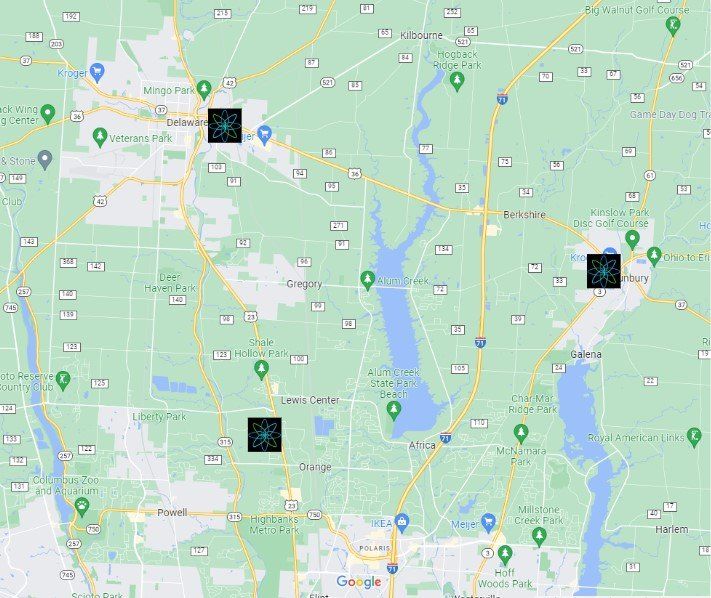Do You Have Gum Disease? Know the Signs
Do You Have Gum Disease? Know the Signs
Incredibly, humans have been struggling with gum disease for so long. One may have imagined that the types of foods that we have nowadays would be to blame for gum disease. However, gum disease is often a result of poor oral care. It usually develops gradually, quietly, and painlessly. Most people only take notice when it has developed to more advanced stages.
So, how can you know you have gum disease? Are there symptoms to watch out for? Yes, to both questions. There is a way to know you have gum disease, and the symptoms will let you know.
What Are the Symptoms of Gum Disease?
- Puffy Red Gums
One of the first signs of gum disease is swollen gums. Gum disease causes inflammation of the gums along the gumline due to increased bacteria in the mouth. The inflammation is often painless, but the gums tend to bleed easily, especially when you floss or brush.
- Chronic Bad Breath
The bacteria that cause the inflammation of the gums are natural bacteria found in the mouth. The mouth provides a great environment for them to thrive because it is moist and warm. These bacteria feed on the plaque that forms over the teeth after you eat a meal. The more plaque you collect, the more the bacteria increases. The plaque will often collect because of poor oral hygiene.
As the bacteria feed on the plaque, they produce a specific toxin that irritates the gums and teeth and smells bad. It causes bad breath because it does not go away even if you eat a mint. Bad breath will usually not go away if you have gingivitis, the early stage of gum disease.
- Receding Gums
If you notice that your teeth look longer than they did a while back, it could be because your gums are pulling back. When the bacteria begin to affect the bone material in the teeth, the gums begin to pull away. They form periodontal pockets between them and the teeth through receding gums.
- Sensitive Teeth
If you notice that your teeth have become sensitive to hot or cold foods, it may be a sign of gum disease. Your teeth will get sensitive when the gums recede and expose the lower part of the teeth. The part exposed is called the dentin, which is usually below the gumline. It is sensitive to hot or cold fluids and sometimes even water. Sensitive teeth are a sign of advanced gum disease called periodontitis.
- Shifting Teeth
Have you noticed a change in the alignment of your teeth when you smile? It could be a sign of advanced periodontitis. The bacteria that collect in the periodontal pockets usually begin to act on the joint and bone matter under the teeth. These are responsible for holding the teeth in place. When the bacteria eat away at the structures, your teeth shift over time. At this stage, the damage by the gum disease is permanent.
For information, visit Smile Center Ohio at our office in Delaware or Sunbury, Ohio. Call 740-306-0099, 740-417-9565, or 740-965-2451.


